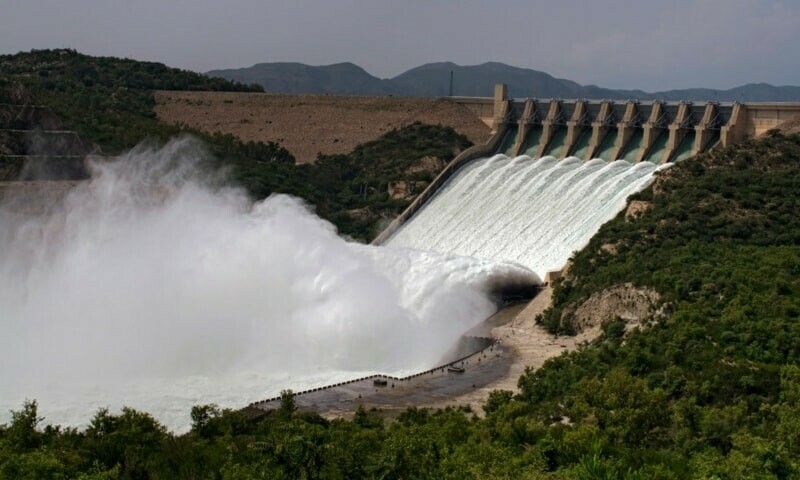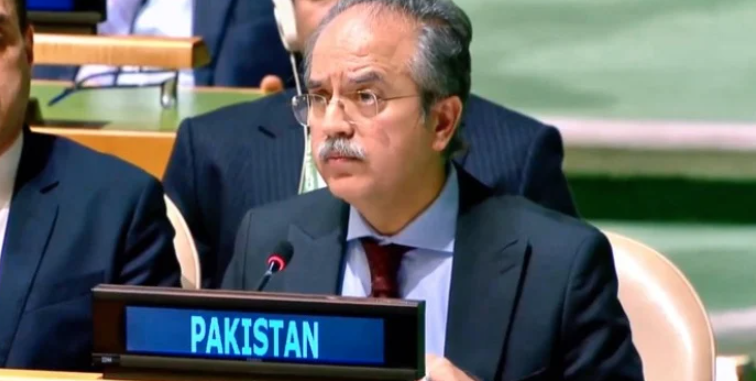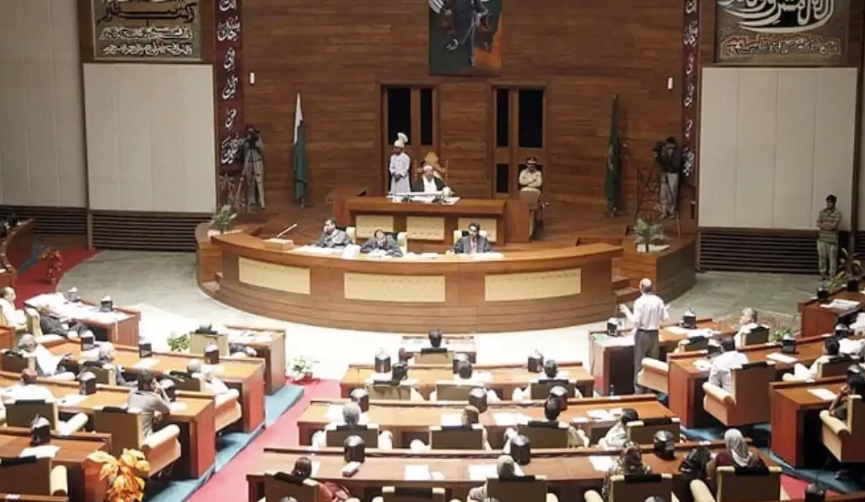POLITICS & POLICY MAKING

India is reportedly considering significant changes to its use of the Indus river system, a move that could severely impact Pakistan’s agriculture and energy sectors. The developments come in the wake of a deadly April 22 attack in India-held Kashmir, which New Delhi blames on Islamabad, though Pakistan has denied any involvement.
Shortly after the attack that claimed the lives of 26 civilians, India suspended participation in the Indus Waters Treaty (IWT) of 1960. Although the two nations agreed to a ceasefire last week following some of their worst military skirmishes in decades, India has yet to reinstate its obligations under the treaty. Instead, it has fast-tracked plans to increase water usage from rivers designated for Pakistan, including the Indus, Chenab, and Jhelum.
Among the key projects under review is the expansion of the 19th-century Ranbir canal on the Chenab river. Indian officials are exploring plans to more than double its length to 120 kilometers, potentially increasing water diversion capacity from 40 to 150 cubic meters per second. This could take years to complete but signals a long-term strategy to pressure Pakistan through water resource control.
The Indian government has not publicly commented on the proposed plans, and hydropower operator NHPC has remained silent on inquiries. Prime Minister Narendra Modi, however, fueled tensions with a recent statement: “Water and blood cannot flow together.”
Indian officials have also reportedly drawn up plans for new hydropower and storage dam projects in occupied Jammu and Kashmir, aiming to triple energy output in the region. According to a power ministry document seen by Reuters, five major water storage projects are being considered, including four on Chenab and Jhelum tributaries.
Pakistan views the suspension of the treaty as unlawful and has warned that any diversion of its share of water would be treated as an “act of war.” Foreign Minister Ishaq Dar has affirmed Islamabad’s stance and said legal action is being prepared at international forums including the World Bank, Permanent Court of Arbitration, and the International Court of Justice.
World Bank President Ajay Banga recently clarified that the treaty does not include a provision for unilateral suspension. He emphasized that any changes would require mutual agreement under Article XII of the treaty.
The Indus Waters Treaty, considered one of the world’s most enduring water-sharing accords, has survived wars and decades of hostility between India and Pakistan. Yet experts fear that if India begins to weaponize water, it could set a dangerous precedent in South Asia.
“Using water as leverage may backfire,” warned David Michel of the Washington-based Center for Strategic and International Studies. “India risks encouraging China to adopt similar tactics in Himalayan river disputes.”
With over 80% of Pakistan’s agricultural sector and most of its hydropower reliant on the Indus system, the stakes remain dangerously high as both nuclear-armed neighbors weigh their next moves.




